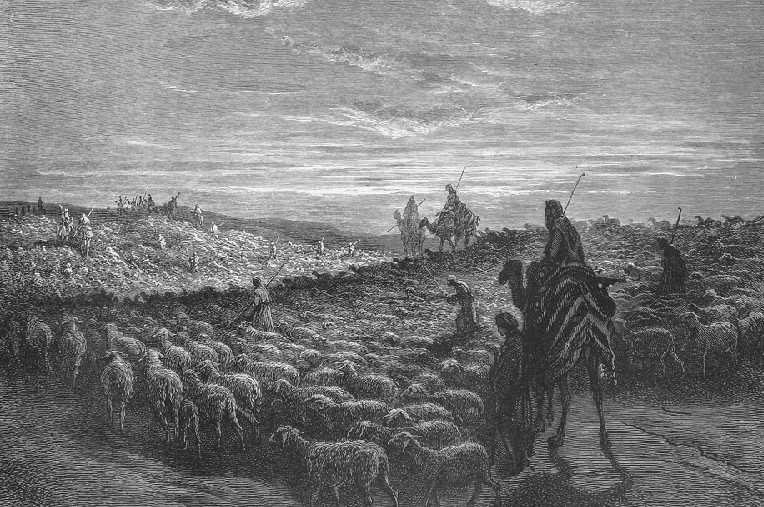Faith
Why Did Joshua Fight the Canaanite Nations? A Torah Perspective on War and Morality
Exploring the ethics of conquest, peace offers, and divine justice in the story of Joshua and the Land of Israel

Yaron asks: "When Joshua entered the Land of Israel to conquer it at God’s command, was there really no other way than killing the nations who lived there?"
* * *
Shalom and blessings, Yaron,
God is righteous and merciful and the morality of the Torah is higher than any human morality. Even toward the Egyptians, who drowned our sons in the Nile, the Torah commands: “You shall not despise an Egyptian, for you were a stranger in his land” (Devarim 23). About the Egyptian soldiers who drowned in the sea, the Sages tell us that God said to the angels: “My handiwork is drowning in the sea, and you wish to sing before Me?!” (Megillah 10b).
Maimonides wrote that it is forbidden to wage war against any nation without first offering them peace. Even Amalek — if they repent, it is forbidden to harm them. In Mishneh Torah, Laws of Kings (Chapter 6), he rules: “One does not wage war with anyone in the world until peace has first been offered to them, whether it is an optional war or an obligatory war, as it is said: ‘When you approach a city to fight against it, you shall offer it peace’ (Devarim 20). If they accept and observe the seven Noahide laws, no one among them may be killed… and it is forbidden to deceive them once they have accepted peace.”
However, the nations who lived in Canaan at the time of the conquest refused peace and refused to repent. The Torah tells us that God gave us the land in their place because they were steeped in wickedness. They practiced child sacrifice, were corrupt with sexual immorality of every kind, and desecrated all standards of human dignity. Archaeological findings confirm their degraded moral standards, including temples of mass sexual immorality, ritual murder, and a complete disregard for basic ethics between man and his fellow.

By contrast, today’s societies — whether in the East, Europe, or America, have adopted moral foundations rooted in the Torah, which is why you now find justice systems, charity, and basic human rights among them. The ancient nations had no such foundation, and so God gave us the land in their stead.
Even so, the Sages teach that Yehoshua (Joshua) first sent letters of peace to the nations, offering them a chance to surrender and survive. The Torah itself gives examples of the Israelites trying to seek peace with neighboring nations, only to be attacked: “Israel sent messengers to Sihon, king of the Amorites, saying: ‘Let me pass through your land… we will go by the king’s highway until we have passed through your border.’ But Sihon would not allow Israel to pass… and he gathered all his people and went out against Israel in the wilderness, and he came to Jahaz and fought against Israel” (Bamidbar 21:21–23).
Many times Israel sought peace, yet the nations tried to destroy them and plunder their possessions (see Shemot 17, Bamidbar 20, 21, 25).
The Torah’s morality was always higher than that of the nations, because it taught the world true ethics. As God promised: “See, I have taught you statutes and judgments… keep them and do them, for this is your wisdom and understanding in the eyes of the nations, who shall hear all these statutes and say: ‘Surely this great nation is a wise and understanding people.’ For what great nation is there that has God so near to them, as the Lord our God is, whenever we call upon Him? And what great nation is there that has statutes and judgments as righteous as all this Torah which I set before you today?” (Devarim 4:5–8).

